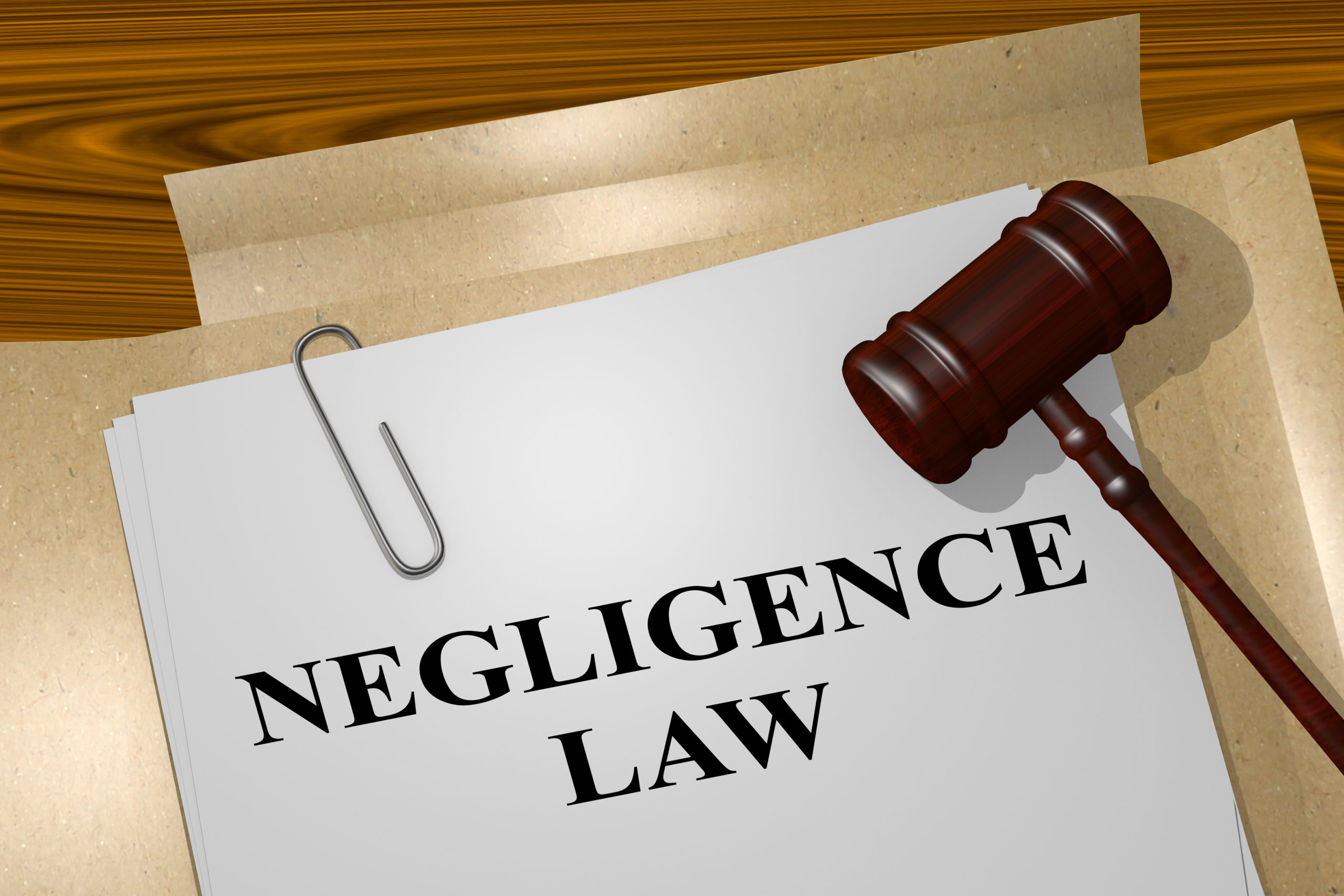When determining if someone has been negligent, it is important to distinguish between negligence and gross negligence. Certainly, they are similar, but are different in the degree of carelessness. A Florida Business Law attorney can help you spot the difference in your particular case.
What does ordinary negligence mean?
Generally, you are negligent if you do not exhibit the standard of care that a reasonable person would in a similar situation. Any action that falls below your responsibility to not impose an unreasonable risk of harm on another, is considered negligence under the law. There are generally four elements that you need to prove to recover damages for negligence, specifically (1) duty (2) breach of duty (3) causation and (4) damages.
- Proving that a person has a duty to act in the same way as a reasonable and prudent person would varies by the particular situation. Surely, it is up to the judge or jury to determine whether a reasonable person would have a duty, or be aware of their duty, to act in a certain way in a particular situation. Everybody has general duties—Drivers have the duty to drive safely on roadways so as to not endanger others. Business owners have the duty to safely maintain the indoor and outdoor facilities of their businesses so as to not cause injury to their employees or clients. Dog owners must be sure to not take their dogs to a dog park if they know that their dog can be aggressive and bite.
- Establishing a breach of duty is also contingent on the particular situation. Precedent set by case law is also important—Lawyers can reference other cases in which a similar duty existed, and it was found that a person acting in the same way breached the standard of care, and was thus negligent.
- You must also show that another’s breach of duty directly led to your particular injury. This might be slightly difficult to prove, as there may be other factors such as preexisting conditions that led to your injury, or at least exacerbated it. Utilizing a but-for test can help determine if there was causation—if you can prove that but for the other person’s negligence, you would not have been injured, then you have proved causation.
- Lastly, you must establish how you were injured—your damages. These damages must be clearly proven, be it via physical invoices or testimony from a doctor.
How do I sue for gross negligence?
Gross negligence entails a higher level of carelessness, commonly known as willful and wanton misconduct. If you are committing gross negligence, you are exercising no diligence or care in your actions. Gross negligence is reckless, taking no concern to one’s legal duties.
The difference between gross negligence and ordinary negligence is best demonstrated through examples:
- Negligence: A doctor using incorrect gauze on a patient’s wound, causing damage to the wound
- Gross Negligence: A doctor amputating the wrong limb of a patient
- Negligence: A driver running a stop sign and causing a crash
- Gross Negligence: A driver going 60 miles over the speed limit and causing a crash
- Negligence: Staff at a grocery store failing to put up a “Caution: Wet” sign on wet floor, causing a slip and fall
- Gross Negligence: Staff at a grocery store intentionally selling poor quality meat to lower their costs, in turn making their customers sick.
Gross negligence lawsuit
In regards to obtaining compensation for another’s negligent or grossly negligent act, you must have already proven your damages as part of the 4 part test. Your damages can be economic or noneconomic. For example, if you break your arm, then your economic damages would be your medical expenses and lost income. However, your injuries can also be emotional, which result in damages of pain and suffering. A Business Law attorney in Miami can help you determine what kind of compensation you are entitled to.


